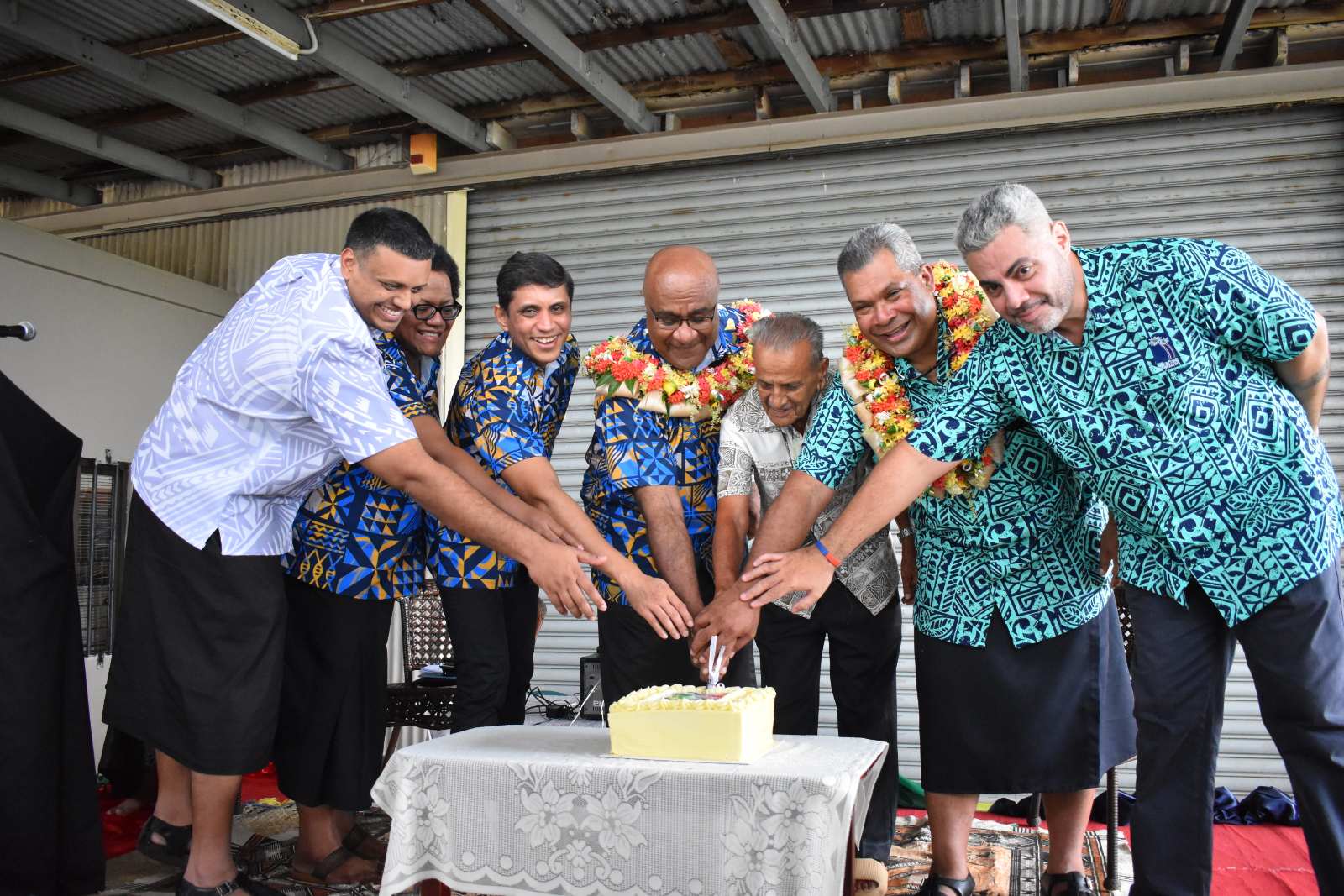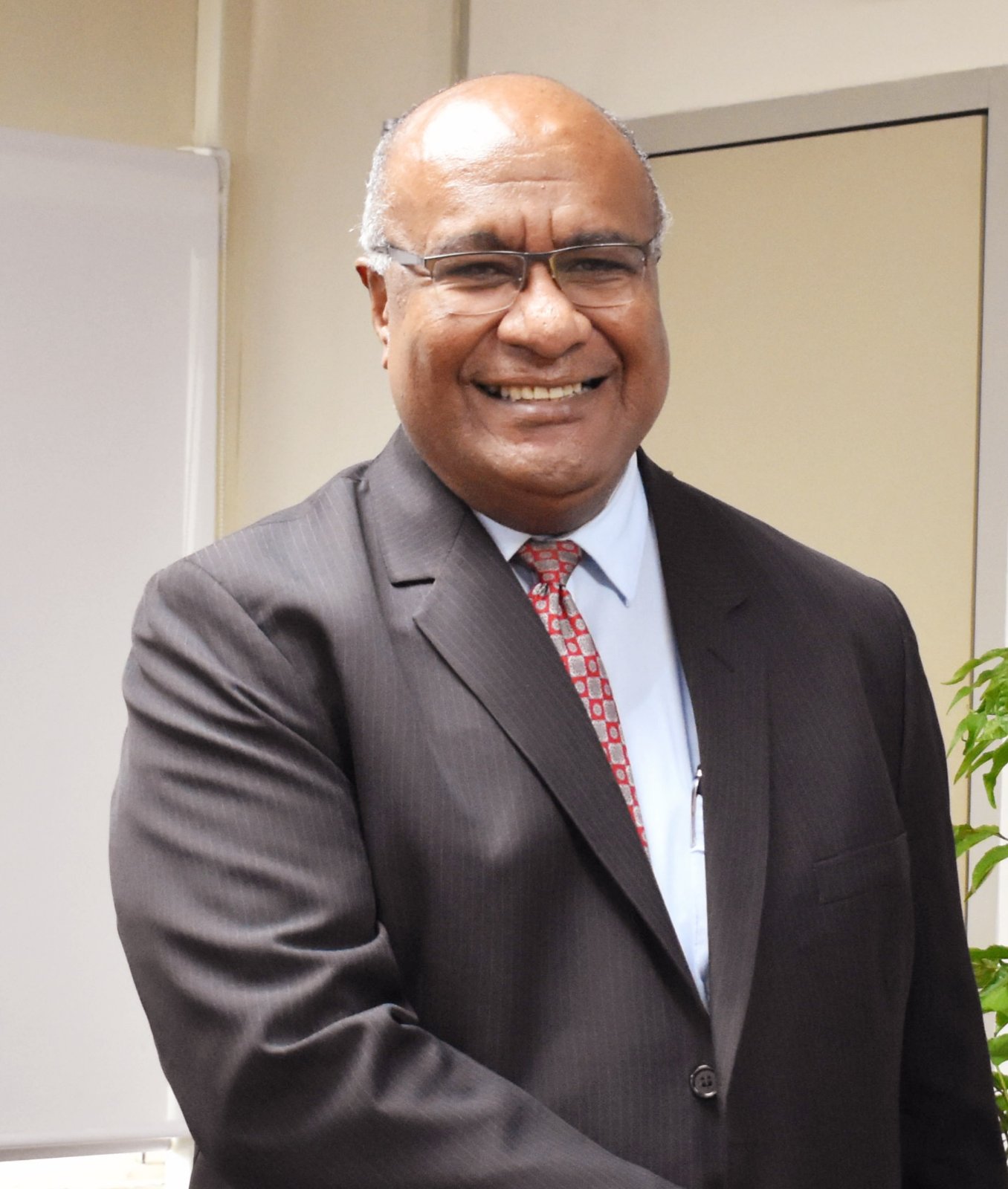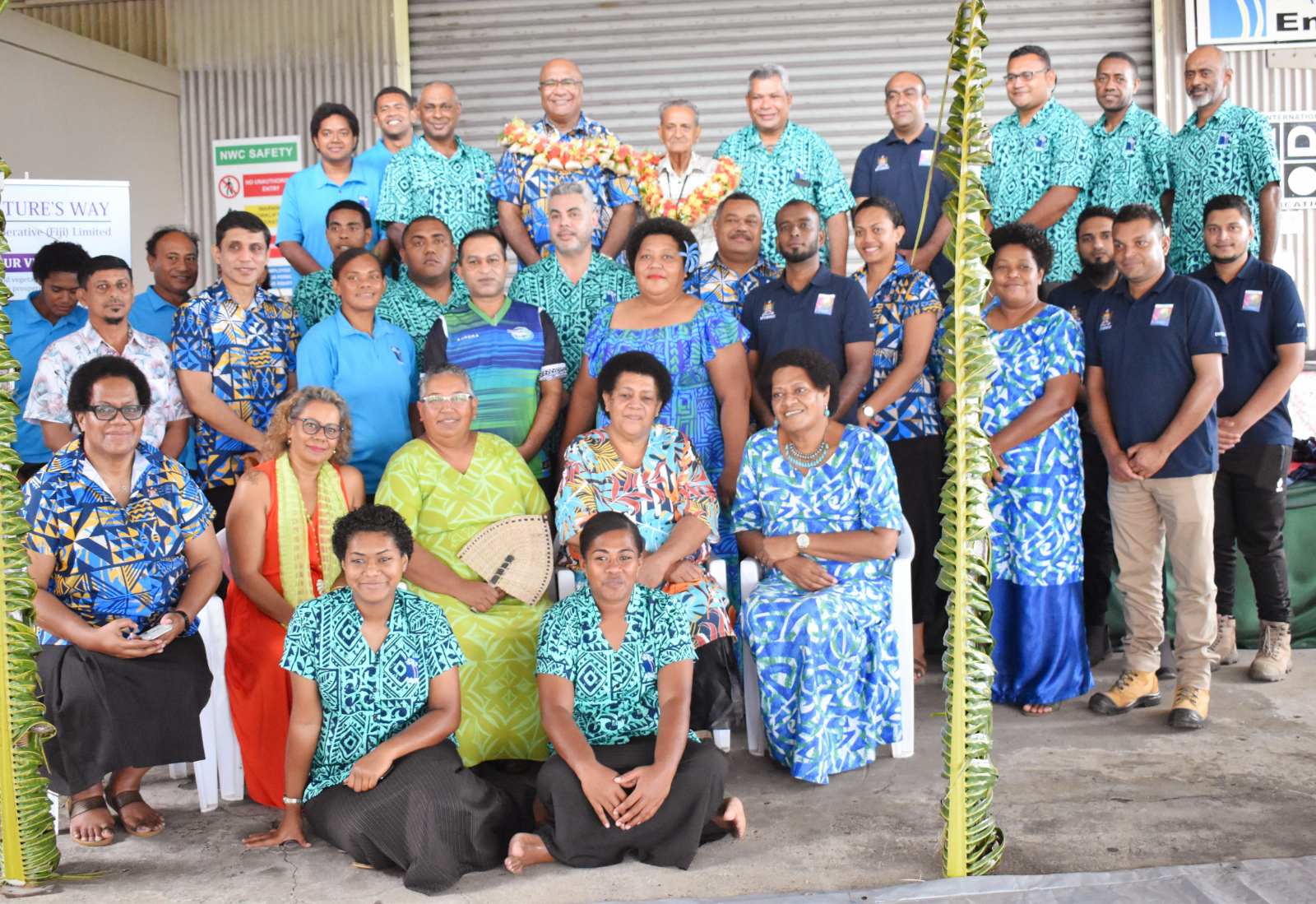Respected Permanent Secretaries,
Chief Executive Officers,
The Chairman, Nature’s Way Co-operative (Fiji) Limited,
Invited Guests,
Members of the Media,
Bula Vinaka and “Happy World Metrology Day” to you all.
World Metrology Day is celebrated on May 20 each year to commemorate the signing of the Metre Convention in Paris, France in 1875. Thereon, we have seen the establishment of a universally recognised standard measurement system. The original aim of the Metre Convention remains as important today, as it was in 1875 to maintain a worldwide uniformity of measurement.
To achieve this worldwide uniformity of the metric system, the International System of Units, universally abbreviated as SI has become the central measurement system used in international trade and commerce today.
Ladies and Gentlemen,
This year’s theme, ‘Measurements supporting the global food system’ was chosen because of the increasing challenges of climate change, and the global distribution of food in a world whose population has reached 8 billion by the end of 2022.
Food is a major concern for every one of us. Providing access to safe and affordable food remains one of the major challenges for Governments worldwide. At the same time, squarely felt by farmers and food producers who trade products through distributors and retailers to consumers whether internationally, regionally or locally.
Metrology has remained a vital component of the agri-food sector – globally and more importantly, at a national level too. It is more than meters, kilograms and grams. It now deals with the everyday life of a consumer. Evidently, the agri-food sector can entail all the activities related to growing, harvesting, processing, packaging, transporting, marketing, selling, cooking, consumption, and disposal of food. Measurement therefore plays a fundamental role in these processes.
For example, the European Commission reported that in the European Union, the agri-food sector is one of the most important socio-economic activities. It is crucial in the provision of employment, the supply of healthy and high-quality food, and more importantly facilitating the integration of small and medium enterprises (SMEs), that represents 99 percent of all the businesses in the EU, in the food chain.
The focus for World Metrology Day in 2023 is on the many measurement challenges that must be addressed to make the global food system work.
For example:
a) The quantity of food bought and sold is measured according to its mass or volume. These measurements range from the large volumes of grain and wheat traded internationally down to rapid online weighing measurements to ensure pre-packaged goods are labelled correctly; and
b) The effective storage and packaging of food depends on the accurate control of the temperature and humidity of its storage environment.
It is now recognised that the depletion of natural resources and the impact of climate change poses major challenges to the global food system and food security. This led to the goal of a world with zero hunger and universal access to clean water was included amongst the Sustainable Development Goals set by the United Nations. We must endeavour to work together and find solutions to these global challenges.
Ladies and Gentlemen,
At this juncture, I wish to express my sincere appreciation to our hosts, Nature’s Way Cooperative (Fiji) Ltd (NWC) for working together with the Ministry in hosting today’s event.
NWC was registered in 1995 to own and operate a quarantine treatment facility on behalf of Fiji’s fruit growers and exporters. As a thriving agri-business providing treatment, grading, packing and technical services to both its exporter and grower members. The exporters, who are co-operative members, buy their products for exports from farmers who are also co-operative members and bring it to NWC for treatment and packing before shipment overseas.
The quarantine treatment technology used by NWC is known as the high temperature forced air (HTFA), a process that involves the slow heating of fruits and vegetables for 5 – 6 hours to a temperature around 47.2 degrees Celsius, that is expected to kill fruit fly larvae and eggs. These units also have the added bonus of increasing the shelf life of fruit and vegetables thereby enhancing marketability.
Ladies and Gentlemen,
Economic growth and prosperity rely on an economy’s ability to develop, manufacture and trade quality products and services. Metrology can help a Government establish consumer, business and international confidence in an economy’s products and services. At the same time, regulatory frameworks play a vital role in reducing technical barriers to trade for export and safeguarding the quality of imports, among other things.
Every day, consumers, traders, Government regulators and industry make decisions based on measurement results. These measurements affect economic and personal well-being. A well-functioning society must have confidence in all measurements, with transparency for consumers, businesses and regulators.
Ladies and Gentlemen,
The Department of National and Trade Measurement and Standards, a department established under the Ministry is responsible for the implementation of laws and regulations that protects consumers from using unsafe and poor-quality products. One other core role of the DNTMS is to maintain the national system of units and standards of measurement that ensures the fair and just use of units of measurement.
As the national agency responsible for weights and measures related activities, it is important that the Department is aligned to changes taking place in the global arena.
In this regard, we have commenced the review of the National and Trade Measurement Act and the Trade Standards and Quality Control Act, to modernise these laws and align them with international best practices. Also, through the Ministry, Fiji has established international and regional affiliations with organisations like the International Organisation of Legal Metrology, International Organisation for Standardisation, the Pacific Area Standards Congress and the Asian Pacific Metrology Programme. For any further standardisation or metrology related queries, one may wish to raise, please do not hesitate to contact any of my staff present here today.
Ladies and Gentlemen,
Proper and accurate standardisation, Food Security and secure supply chains and climate change are a global issue. It can no longer be singly handled by Government. We must work together! – Government, the private sector, SMEs, statutory agencies and the consumers themselves – we all have a part to play!
We need to meet regularly – we need to engage and consult with our stakeholders – we need to consult our international and technical partners – then and only we can find practical workable and innovative solutions here in our island nation.
Through our stakeholders input, the Ministry will pursue quality regulatory and administrative frameworks to accommodate future metrology needs for Fiji, the region and beyond. We have seen today how measurement and its sciences permeates through every sector, more specifically, this year’s focus has been the agri-food sector and the role SMEs and Co-operatives play.
In closing, I thank our hosts once again for having us today as we join the global communities in celebrating “World Metrology Day”.
Vinaka Vakalevu and Thank you.




